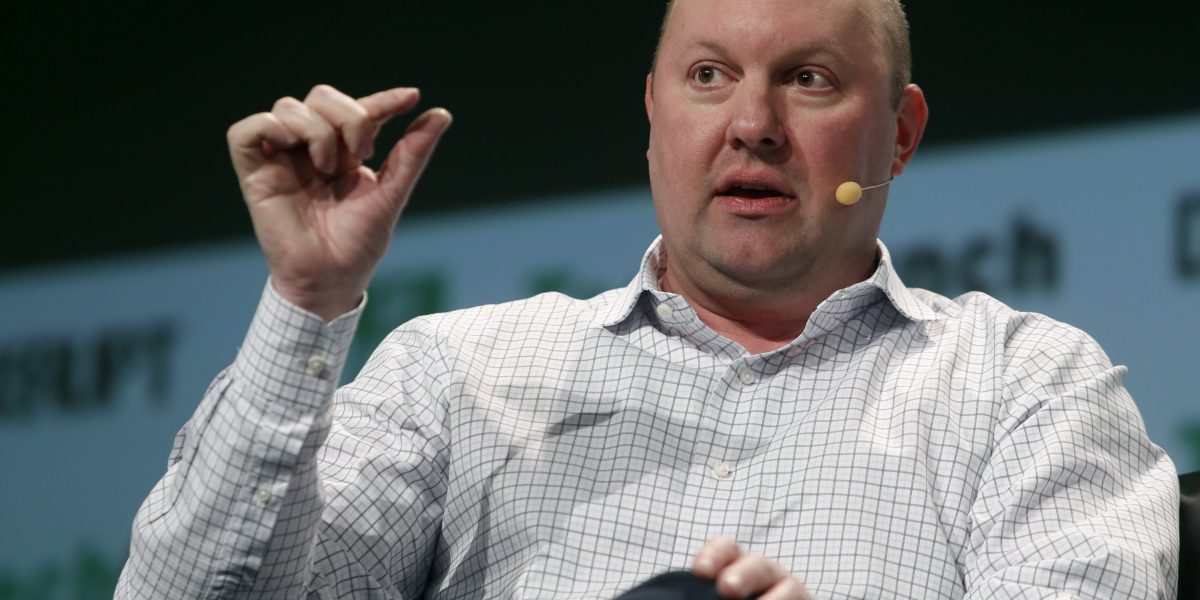
Many workers fear the ever-tightening crunch of AI, but Marc Andreessen thinks you needn’t worry (at least if you’re a software engineer). Much like a toddler starting to walk, AI needs a guiding hand—and the general partner of venture-capital firm Andreessen Horowitz, otherwise known as a16z, thinks that will end up being in some of the workforce’s favor.
“One of the big fears is AI-driven unemployment,” Andreessen said on a recently released episode of his podcast The Ben and Mark Show. ”The irony is what’s happening today is an AI hiring boom.”
In part, they’re filling in for AI’s recent growing pains. Whether these software engineers are digging their graves towards eventual obsoletion or ensuring a pathway to human-aided AI has yet to be realized. But in the short-term, at least, Andreessen sees growth.
A key figure in Silicon Valley, Andreessen’s words hold weight. “Whether they love him or hate him, people pay attention when Marc Andreessen speaks. The venture capitalist is as responsible as anyone for the modern tech industry that powers the global economy, having co-created the first mainstream web browser, Netscape Navigator, in the early 1990s,” reads Andreessen’s blurb in Fortune‘s 100 Most Powerful People in Business.
Indeed, his early innovation in the software industry alongside his VC’s backing of major players in the field (including, but not limited to, Facebook, Lyft, and Airbnb), make him a powerful player when it comes to the future of AI.
AI’s training wheels pop off
After an intense boom, AI appears to be losing steam. Tech companies are set to run out of the public data that they use to train large language models, according to a new study by Epoch AI. They’re projected to hit a wall between 2026 and 2032, “or slightly earlier if models are overtrained.”
“There is a serious bottleneck here,” Tamay Besiroglu, one of the researchers of the study, told the Associated Press. “If you start hitting those constraints about how much data you have, then you can’t really scale up your models efficiently anymore. And scaling up models has been probably the most important way of expanding their capabilities and improving the quality of their output.”
Andreessen echoes said sentiment in his podcast, explaining there’s a finite amount of quality human data for AI models to train on. “Basically, the big models are trained by scraping the internet and pulling in basically all human-generated training data, all human-generated text, and increasingly video and audio and everything else,” he said. “And there’s just literally only so much of that.”
And when AI can’t lean on a human’s output, it simply leans on humans. That might be an indicator of long-term viability issues— but for now, it just means more jobs, per Andreessen.
Software engineers stick around to help AI
As it stands, Silicon Valley is mostly human. Tech CEOs acknowledge their newest bundle of joy is still just in its infancy. Nvidia CEO Jensen Huang recognized as much: “As we speak, AI has no possibility of doing what we do,” he said at Nvidia’s October AI Summit. While AI can take on more or less of a worker’s responsibilities (depending on their job), it can’t fully replace anyone, Huang said of the innovation.
Andreessen and his partner Ben Horowitz noted as much during the podcast. “We’re running out of human knowledge” to train AI, Horowitz said.
“A big part of the AI hiring boom is actually hiring the experts to actually craft the answers to be able to train the AI,” Andreessen said. “They’re so gated on data that they’re literally going out and hiring thousands of programmers and doctors and lawyers to actually hand write answers to questions for the purpose of being able to train their AIs,” he added.

